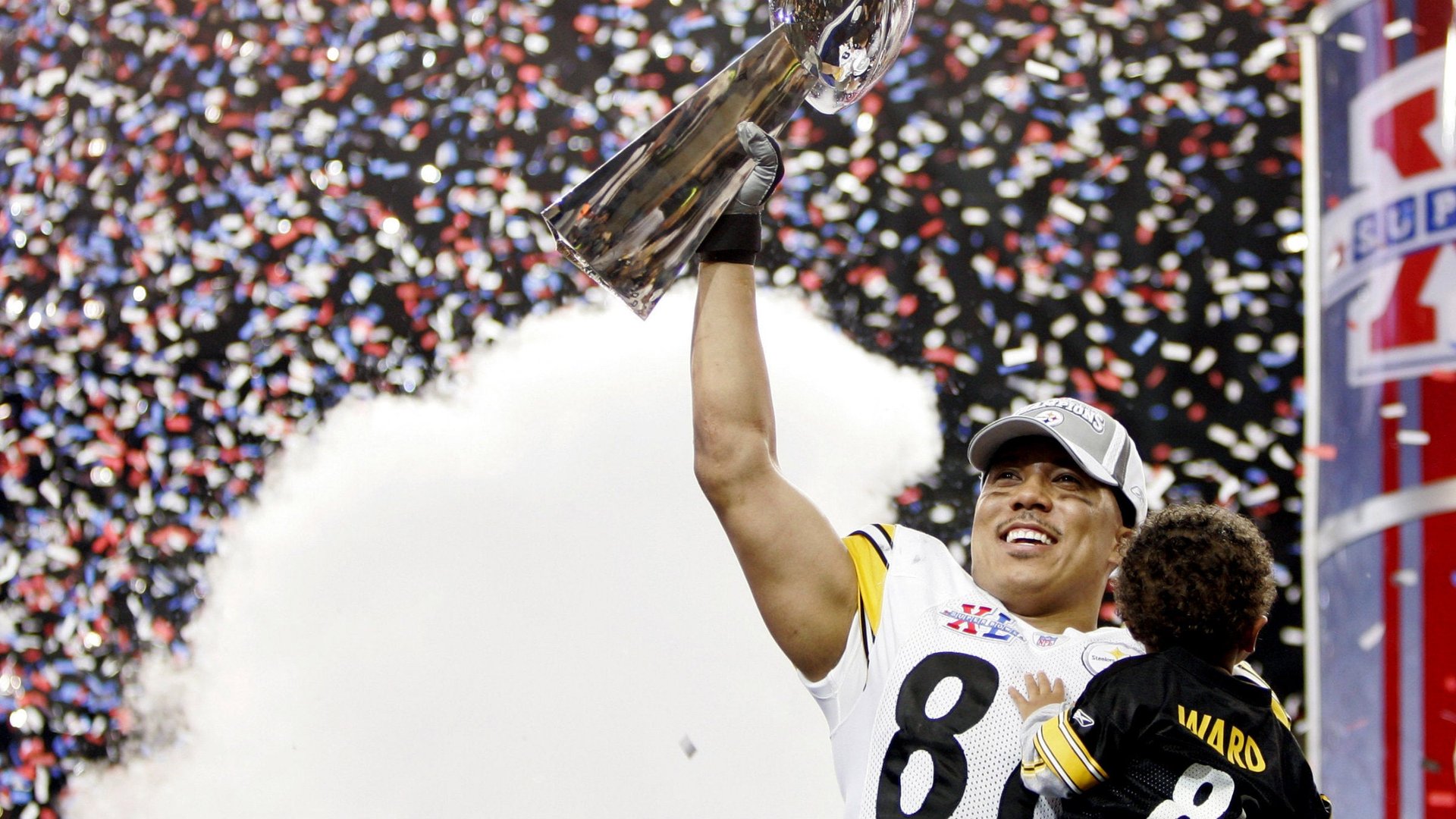Pro athletes are leading the charge for paternity leave in the US
If you are paying attention to such things, you’ve noticed that more and more professional athletes are proudly doing something that was once unthinkable– announcing that they will miss a game/match/tournament to be in the delivery room for the birth of their babies. Some recent examples:


If you are paying attention to such things, you’ve noticed that more and more professional athletes are proudly doing something that was once unthinkable– announcing that they will miss a game/match/tournament to be in the delivery room for the birth of their babies. Some recent examples:
Hunter Mahan leaves $1 million PGA tournament he was winning to attend birth of child (CBS News, July 29, 2013)
“I’m not missing the birth of my child,” [Pittsburgh Steelers Quarterback Ben] Roethlisberger said emphatically. “There’s no chance. I know some fans probably don’t want to hear that, but there’s no chance.”(Pittsburgh Post-Gazette, September 6, 2012)
[Miami Heat Forward] Chris Bosh Leaves Team For Birth Of His Child, Game 3 Status Unclear (SI Wire, May 3, 2012)
While Ben Roethlisberger and Chris Bosh didn’t need to miss a game, and there is no guarantee that Hunter Mahan would have won the one million dollars, they all made it clear to their colleagues, employers, and fans that the birth of their child was their top priority.
As our friend Scott Behson has reported at his website, Fathers Work & Family, Major League Baseball has even made paternity leave a formal policy by giving players up to 72 hours to be away for the birth of a child. Several prominent players have taken advantage of the policy including Oakland A’s slugger Brandon Moss, Cleveland Indians Outfielder Nick Swisher, and Texas Rangers Pitcher Colby Lewis.
You can argue that 72 hours is nothing. You could argue that we can’t compare the careers of guys making millions of dollars a year with guys working the nightshift at the plant, or the guys working their way up the ranks as consultants, accountants, or web developers.
You could also argue that these guys are making millions of dollars a year and have no right to miss a game. You could argue they have a duty to their fans to show up. You could argue they have hundreds of people depending on their performance—their teammates and coaches, their agents and lawyers, the concessionaires hawking peanuts and Cracker Jacks.
I argue that these are pioneering leaders that are publicly demonstrating a new definition of active fatherhood. These guys are showing their teammates, and the wider world, that it is okay to prioritize being a dad. These are the guys that recognize that taking 72 hours, or a week, or two weeks in the grand scheme of a long career is not going to debilitate work prospects.
These are the guys that demonstrate to their child and to their partner that they are a priority, especially when it matters most.
I look forward to hearing more stories of great athletes that are also great partners and fathers. I also look forward to seeing guys like Hunter Mahan back on top of the leader board sponsored by brands that are inspired by his priorities.